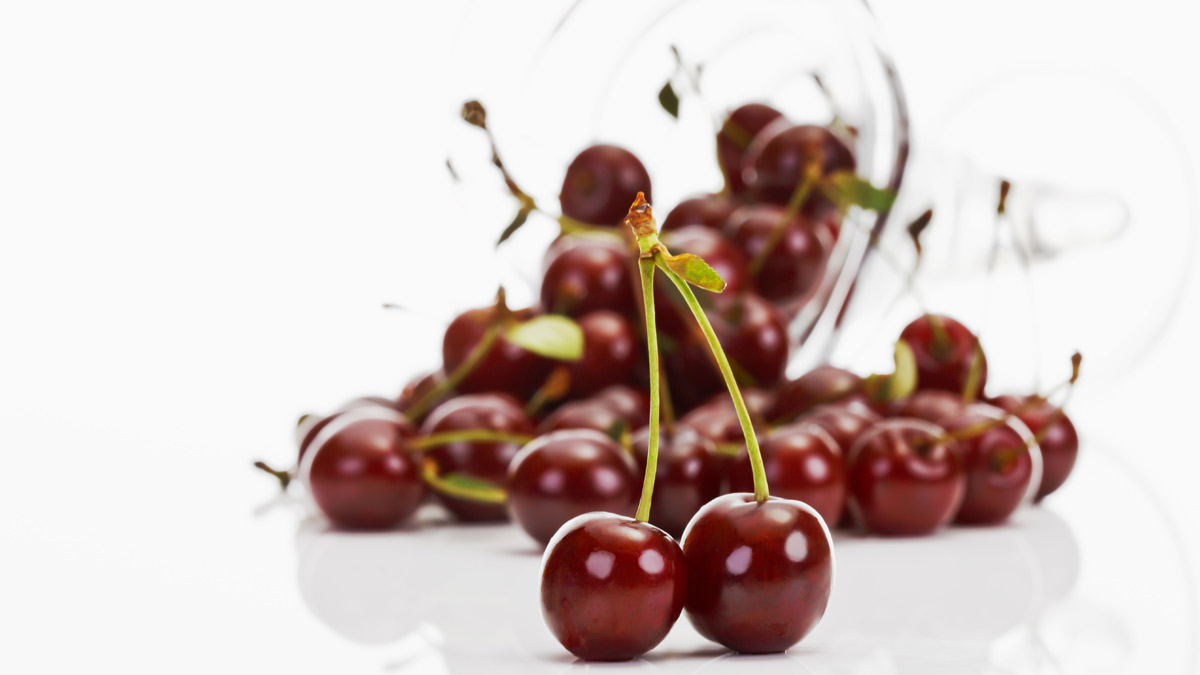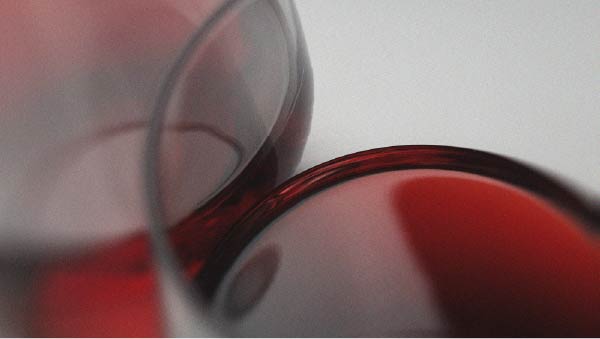Foods Which May Help Protect Your Heart
Diet seems to play an important role in encouraging normal cardiovascular function. Here is a suggestion of 10 foods to encourage already healthy heart function!

Almonds
Various studies seem to have shown that eating almonds may help regulate lipid levels and cholesterol.
Practical steps
You should ensure to eat almonds without added salt (excess salt may lead to possible cardiovascular challenges).
Cabbages
Eating cabbage regularly may help regulate homocysteine levels, potentially encouraging normal cardiovascular function.
Practical steps
Eating a variety of cabbages, such as Savoy cabbage, kale, and Brussels sprouts can be a good option. Do not hesitate to blanch cabbages before cooking them to remove the possible bitter taste.
Parsley
Parsley (like other aromatic herbs, such as chives, coriander, and tarragon) appears to be rich in antioxidants, which may help protect cells. Parsley also adds flavor to dishes without adding salt.
Practical steps
You can sprinkle generous amounts of parsley (preferably fresh) on dishes and slice it finely to add to vinaigrettes, for instance.
Oranges
Oranges may be rich in polyphenols (especially flavones), which could make them valuable for maintaining normal cardiovascular function.
Researchers at the National Institute of Agronomic Research may also have shown that drinking orange juice regularly could support normal vascular function.
Practical steps
Grapefruit and clementines share the same beneficial properties as oranges, and you can eat them to enjoy different flavors.
Yogurt
According to an American study on 2,000 individuals, regular consumption of yogurt may help maintain normal tension.
Practical steps
It can be interesting to know that whole milk yogurt can be too rich in lipids, and it may be preferable to choose plain over flavored yogurt.
Whole Wheat Bread
A study carried out in England found that whole grains (whole wheat bread is the easiest way to consume them) could play a general role in maintaining already healthy cardiovascular function. Whole grains also appeared to have a specific role in maintaining normal blood pressure.
Practical steps
You can buy whole wheat bread in bakeries or bake it yourself. You could also try to use and consume whole grains and flour as much as possible.
Sardines
Sardines (like mackerel or salmon) are rich in omega 3, an essential fatty acid which may help encourage normal artery function.
Practical steps
You can choose grilled sardines, and it you decide to eat them canned, you can drain the oil first.
Tomatoes
A study carried out by researchers in Boston, in the US, appears to have shown that people who ate tomatoes frequently could have improved cardiovascular function.
Practical steps
Tomatoes seem to have the same properties whether raw or cooked, and adding a dash of olive oil to a tomato may help enhances its possible benefits.
Cherries
Cherries might be rich in anthocyanin, an antioxidant which may help with free radicals, supposedly partly responsible for cellular aging.
Practical steps
Fresh cherries are unavailable in winter, but you can find frozen or canned cherries in stores.
Chickpeas
Chickpeas may encourage already healthy cardiovascular function, as suggested in research.
Practical steps
To limit the possible bloating which may result from eating chickpeas, you can soak them for at least 24 hours before cooking them, by changing the water several times.
Keywords
3 Days
Order was shipped on time and packaged…Wonderful Jobs!
Order was shipped on time and packaged excellently.
DMHoge
9 Days
great products and prices
great products and prices
Marie
15 Days
Easy to navigate site
Easy to navigate site, had what I was searching for, good price. easy order-check out
James Tucker
21 Days
My skin is clearing up nicely!
Pretty good for my skin so far.
Christian
23 Days
The new packaging is excellent
The new packaging is excellent - finally! No more squashed boxes and torn envelopes.
GORAN
24 Days
Great Product
Great Product
Larry Garrett
29 Days
Quick shipping
Quick shipping; good price. No issues!
Mary McCarty
30 Days
Thr product is very good and is helping…
Thr product is very good and is helping me on my health. Then is always on time
LUGO Luz
33 Days
Buying was fine
Buying was fine. I had problems with the website not recognizing my login info, and had to call to get it fixed. Other than that, everything was good.
David S. Clark
33 Days
Your super maca and super ginseng are…phenomenal
Your super maca and super ginseng are phenomenal supplements that compliment each other when taking them together. Fantastic feeling of well-being and lots of mid day energy without the crash.
Keith Mason
36 Days
I have had amazing results with every…
I have had amazing results with every supplement I've purchased. I am extremely satisfied with this company
kirstin Torres
36 Days
Fine products
Fine products . They are on the leading edge of online supplements. The only issue -so far-is they sometime run out of subscription items.
Jason Argos
38 Days
The ordering process is very user…
The ordering process is very user friendly and the products always come in a timely manner.
CARTER Rhonda
39 Days
The price for Dr
The price for Dr. Pero's AC-11 is reasonable and in line with his views. (my former colleague). Keep it pure.
CAMPBELL Clayton
42 Days
Right on every time.
Right on every time.
Arthur Nicholas




